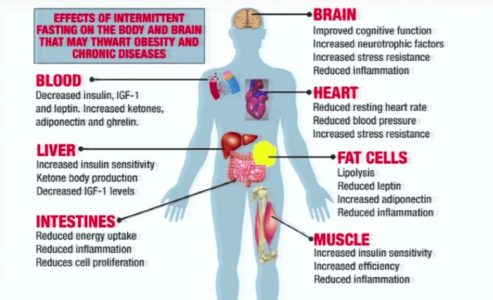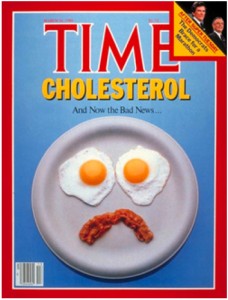
Trying to
understand why we need to sleep has been a topic that researchers have
been pursuing for many decades: why do we spend approximately 1/3 of our
lives sleeping?
There has been some very interesting research published in the last
several years which helps to give us some insight into this intriguing
question.
I recently listened to a podcast on the topic of sleep in which Peter Attia, MD was interviewing Matthew Walker, PhD professor of neuroscience at UC Berkeley and an expert on sleep.
Info on Peter and his podcast are included at the end of this article.
This was a lengthy interview: some three hours so it has been broken down into three podcasts.
I came away from listening to these podcasts completely reshaping my
understanding of the health impact of adequate sleep: the rapidity of
cognitive and performance deterioration after even one night of poor
sleep is shocking.
One of the topics that I found most interesting was the link between
sleep deprivation and the potential development of Alzheimer’s.
A recent discovery is the existence in the brain of the “Glymphatic System”.
Glymphatic of course sounds similar to Lymphatic – and that is a good
comparison in that the Glympatic system functions in the brain like the
Lymphatic system functions in the body.
How this impacts on Alzheimer’s is as follows:
Amyloid proteins are present in everyone’s brain, and what happens
during sleep is these amyloid proteins are transported out of the brain
by the Glympatic system. If sleep duration is compromised, the clearing
effect is diminished which can lead to an accumulation of amyloid
proteins.
And of course Alzheimer’s is a complex disease process so like many
other factors, lack of sleep may be a contributing factor to the
development of Alzheimer’s.
We have all heard of individuals who boast of being able to get by on restricted sleep: five hours or whatever.
Matt in one of the podcasts made reference to two high profile
politicians from the past that boasted about this, and lived their lives
in this manner (restricted hours of sleep).
These two individuals were Ronald Regan and Margaret Thatcher, both of
whom ended up developing dementia/Alzheimer’s in the latter stages of
their lives.
In conjunction with these podcasts, I also came across an article published in the Natural Medicine Journal:
Sleep Deprivation and Alzheimer’s Disease:
I don’t know about you, but I think I am going to bed early tonight…




